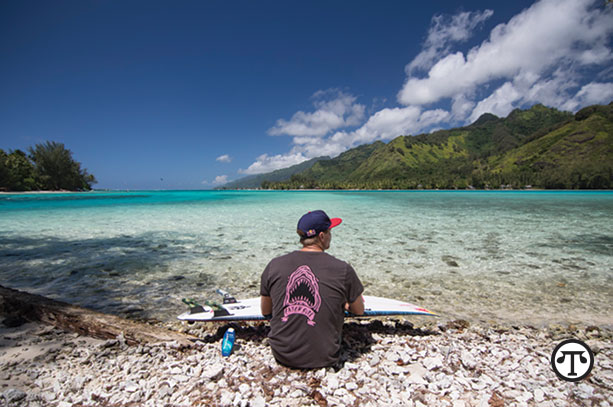
(NAPSI)—With news heating up as Hawaii’s governor signs a bill into law banning chemical sunscreens, consumers are starting to question how safe their sunscreen really is. Their concern is warranted as research has shown that the same chemical sunscreen—some of the most popular brands—that is killing our oceans’ reefs, has been found to harm the human body.
“If it’s killing our oceans’ reefs, imagine what it’s doing to you?” said Lisa Palmer, co-founder of TropicSport, a reef-friendly, mineral sunscreen and skin care line. “Now we know from a recent study that when chemical sunscreen is mixed with chlorine and exposed to ultraviolet light it can potentially result in kidney and liver dysfunction and nervous system disorders. It took us four years to develop our product, paying attention to the tiniest detail for maximum protection and safety, while using natural ingredients. We knew back then that the toxins were an issue. It’s now becoming clear that these chemicals are harmful to humans and raising questions from the FDA.”
According to a study by Dr. Craig Downs, executive director, Haereticus Environmental Laboratory, published in the Archives of Environmental Contamination and Toxicology, “Oxybenzone is an emerging contaminant of concern in marine environments—produced by swimmers and municipal, residential, and boat/ship wastewater discharges.”
Most popular chemical sunscreens contain oxybenzone, octinoxate, avobenzone and octocrylene. These chemicals can cause coral bleaching and coral death, as well as reproductive diseases in fish. Their toxicity also prevents the natural restoration of a damaged reef, ultimately leaving the seascape barren and desolate.
Many mainstream sunscreen brands claiming to be a safe alternative have removed most of the chemicals but now use avobenzone, a derivative of oxybenzone, as a stabilizer, making the sunscreen just as harmful. Avobenzone degrades within 30 minutes when it’s exposed to the sun, which results in harmful free radicals being released into the system. These free radicals can actually accelerate the aging process and increase the risk of illness including cancer.
Palmer recommended checking sunscreen labels and using only pure mineral sunscreen like TropicSport with non-nano zinc oxide and titanium dioxide, ensuring that no particles are absorbed into the bloodstream. Instead, they sit on top of the skin acting as a physical blocker that deflects and scatters the UV rays away from the skin.
“It’s better for you, is kid friendly, and unlike other mineral sunscreens, is easier to apply, smells better, and is one of the few that have passed the U.S. FDA 80-minute and Australia 240-minute water resistant tests,” said Palmer.
TropicSport is available at TropicSport.com.
“#Chemical #sunscreens are killing #ocean #reefs so imagine what they’re doing to you! #Reef-friendly #mineralsunscreen @TropicSport breaks down the facts. (include article link) #oxybenzonefree #oxybenzone #FDA #UV http://bit.ly/2IEcKGP”
